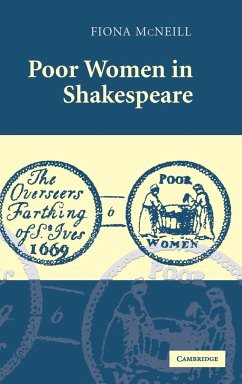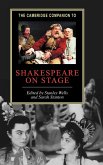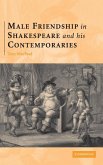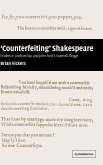Poor women do not fit easily into the household in Shakespeare. They shift in and out of marriages, households, and employments, carrying messages, tallying bills, and making things happen; never the main character but always evoking the ever-present problem of female poverty in early modern England. Like the illegal farthings that carried their likenesses, poor women both did and did not fit into the household and marriage market. They were both essential to and excluded from the economy. They are both present and absent on the early modern stage. In the drama, they circulate between plots, essential because they are so mobile, but largely unnoticed because of their mobility. These female characters represent an exploration of gender and economic roles at the bottom, as England shifted from feudalism to empire in the span of Shakespeare's lifetime. We find their dramas played out in the plays of Shakespeare and his contemporaries.
Hinweis: Dieser Artikel kann nur an eine deutsche Lieferadresse ausgeliefert werden.
Hinweis: Dieser Artikel kann nur an eine deutsche Lieferadresse ausgeliefert werden.








